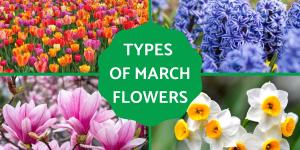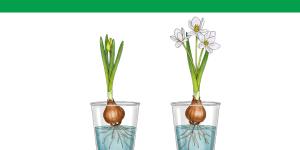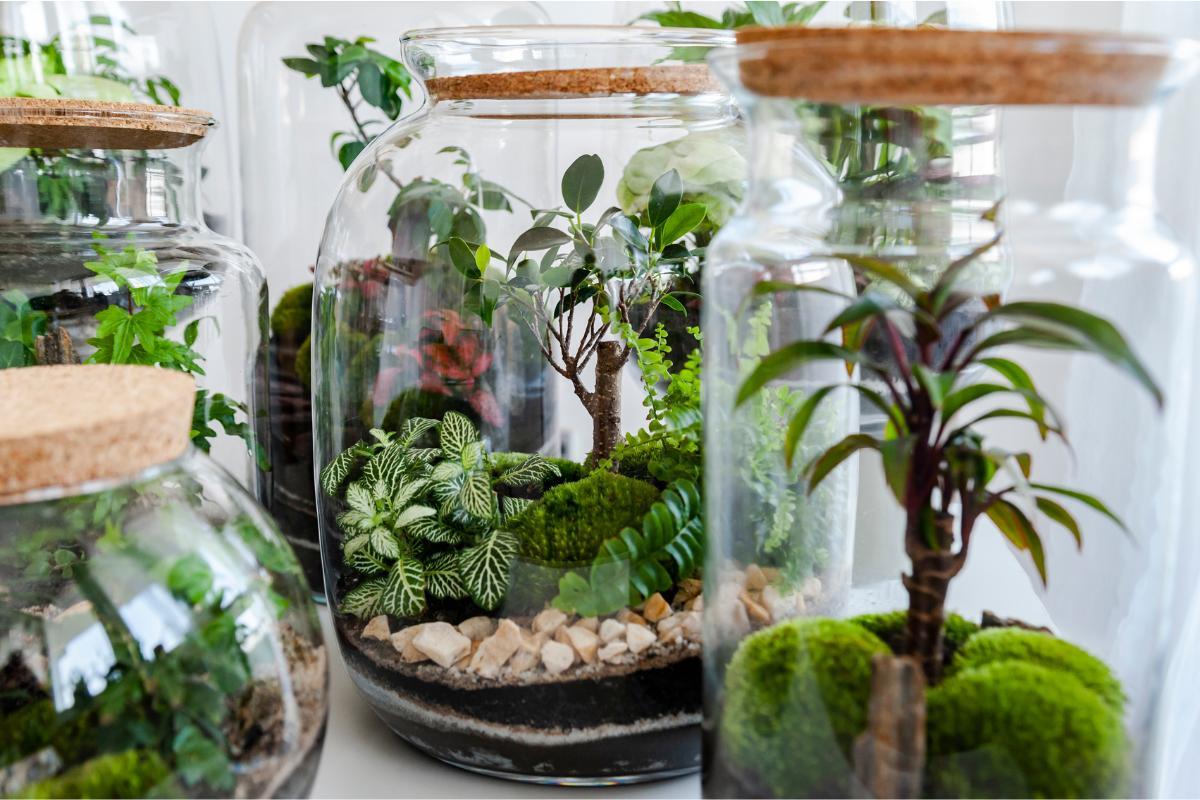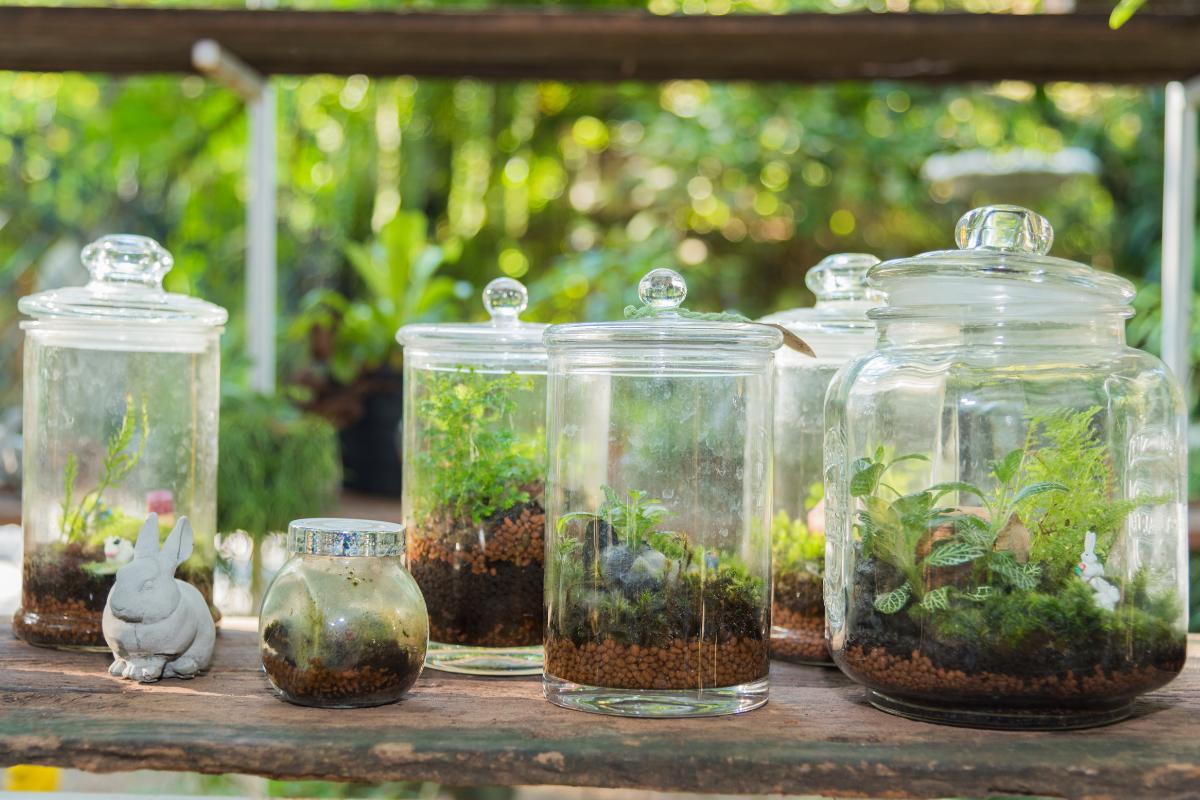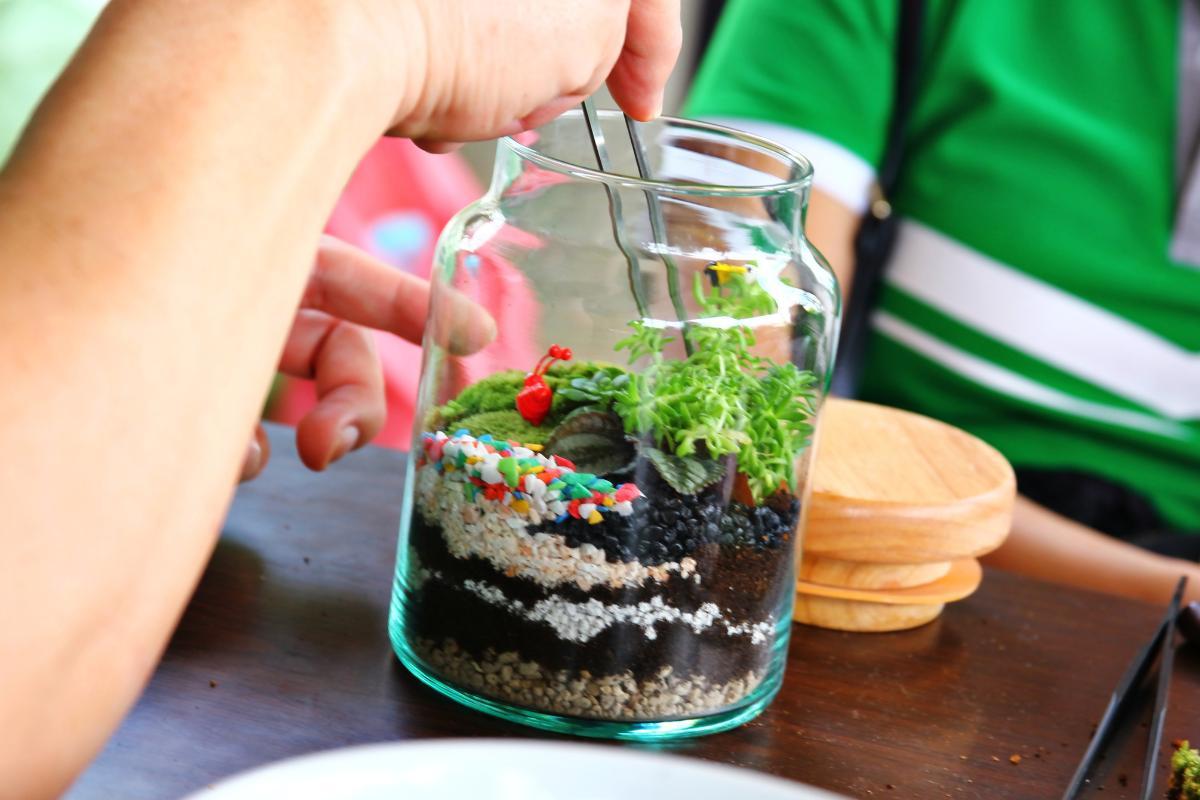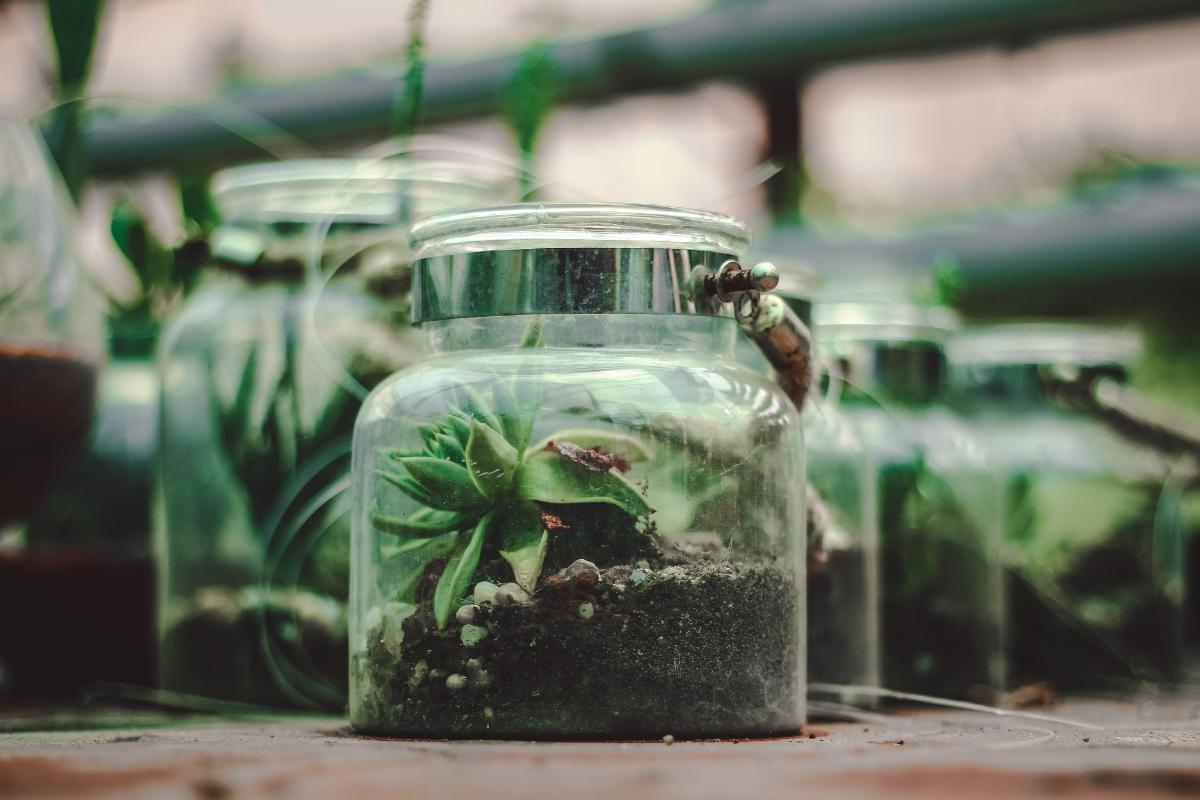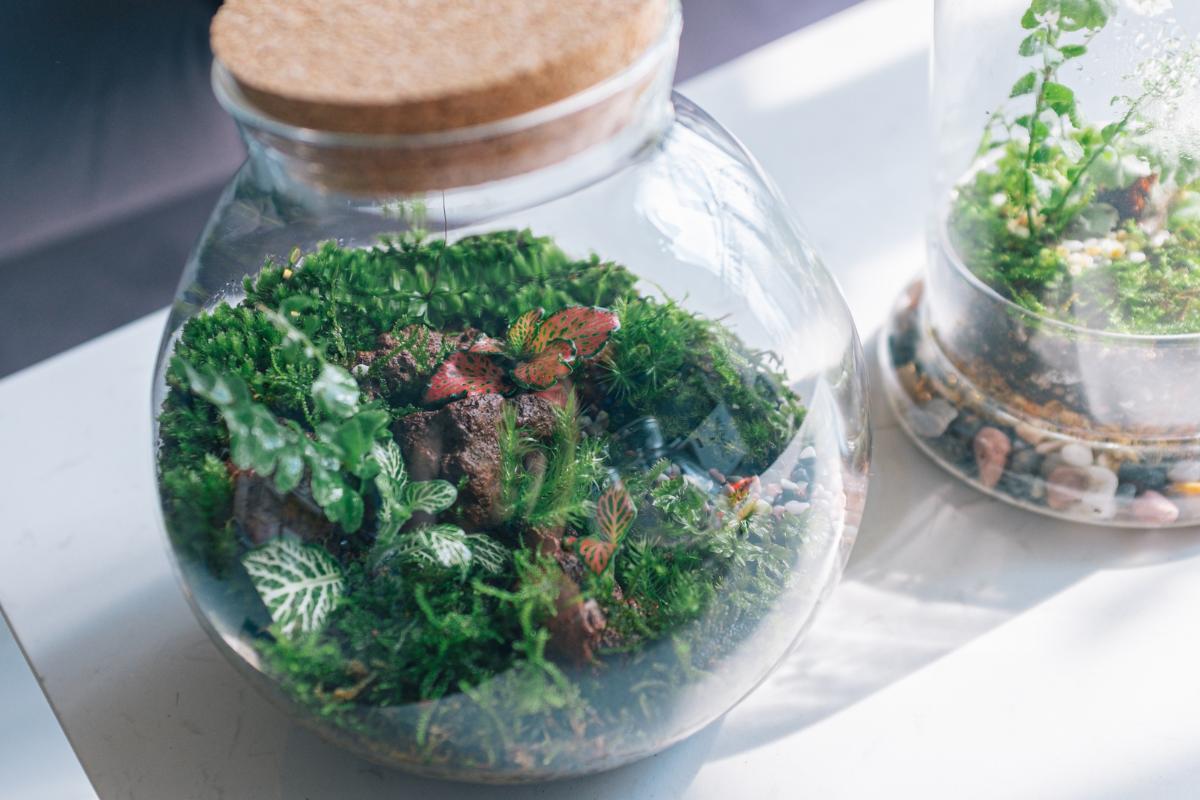Eternal Gardens - Closed Ecosystem in a Glass Bottle


An eternal garden is a small ecosystem that is grown in a closed space which has to meet certain requirements. For example, it needs to let light in, but not allow moisture to escape out. This is why a glass bottle is a commonly used to make eternal gardens since it meets these requirements well. once the eternal garden has been developed, it essentially no longer needs our care or intervention. Within this closed ecosystem is the flow of nutrients which allows life to continue. Despite eternal gardens being very low-maintenance, eternal gardens can last for many years, providing both great beauty and fascination to many of us. In fact, a gardener named David Latimer started one in 1960 which is still thriving more than 60 years later.
At thedailyECO, we hope to spread the joy of eternal gardens with our closed ecosystem in a glass bottle guide. We show you what you need to consider when starting your own, as well as what you can do to best ensure its longevity.
What is an eternal garden?
An eternal garden is an ecosystem inside a closed space, most often in a glass bottle or jar. It perfectly balanced so that it can remain isolated and complete its basic cycles. It can also be found under the name of closed terrarium, or bottled ecosystem. The main element for keep eternal gardens is the vegetation, but all the abiotic factors involved in its maintenance are equally important as the visual attractiveness of the plant.
It should not be necessary to add water, nutrients or gas exchange after the ecosystem has been established. This is because the ecosystem should provide these elements on its own. Essentially the ecosystem in a glass bottle is self-sufficient, providing its own food through photosynthesis, nutrient recycling and other vital processes. This is the same as occurs in larger ecosystems, simply on a smaller scale.
Despite their name, not all eternal gardens will last forever. The life expectancy of a closed ecosystem will depend on how well it was established and how well it stabilizes after this time. As mentioned in the introduction, it is believed the longest-lived bottled ecosystem was planted by David Latimer in 1960[1]. Whether it will be a true eternal ecosystem, only time will tell.
If you are thinking of planting your own eternal garden, you can use the link below to buy a glass terrarium:

How to make an eternal garden
These are the steps to make an eternal garden or bottled ecosystem:
- In a jar that has a lid, place a layer of sand or fine gravel at the bottom. This will have the function of avoiding waterlogging and preventing rotting of the plants that will be placed inside.
- On top of the first layer, add some charcoal is placed in small pieces. Charcoal helps eliminate bacteria or other possible pathogens caused by humidity.
- The next layer is a thick layer of universal plant substrate. You can prepare it at home with equal parts of worm castings and peat, adding a small portion of perlite, vermiculite or tepojal.
- It is at this point the plants can be added. The best plants for an eternal garden are small tropical and partial-shade plants that do not require much space and tolerate high humidity. Eternal gardens often add small patches of moss to fill in spaces between plants, as a form of ground cover.
- Spray well with a water spray bottle to leave the substrate moist. It should not be stagnant or become waterlogged.
- Finally, the terrarium or jar is sealed with a suitable stopper.
The substrates mentioned above that are best for closed ecosystems like an eternal garden include the following:
- Worm castings: this is an organic and ecological natural fertilizer, since it is made by worms. You can learn how to make your own worm castings at home with our DIY guide.
- Peat: it is one of the most used plant substrates and its properties are ideal for the development and growth of plants.
- Perlite: this material promotes soil aeration and helps retain a certain level of moisture in the substrate.
- Vermiculite: it is a mineral with a high capacity to retain water and has good properties as a thermal insulator.
It is necessary to monitor during the first days and make the pertinent adjustments that the ecosystem needs. It will take a while to stabilize itself and develop properly. Let's review the necessary care for eternal gardens.

Eternal gardens light, temperature and location
Light is the only external element that the eternal garden will receive, so it is extremely important to regulate this factor. Place the jar near a window where it receives enough light. As for the temperature, it should be in rooms with an ambient temperature range of between 15-25 ºC/59-77 ºF.
It is the sun that allows photosynthesis to take place in plants. From here begins the process that will keep the eternal garden alive. Plants transpire initial water into the atmosphere. This them condenses on the sides of the glass bottle and returns to the roots so that it can be taken up by the plant again.
Soil and fertilizer for eternal gardens
Since the initial substrate mentioned was added, it will not be necessary to add fertilizer. It will come from the microorganisms that decompose the organic matter from plants and small insects that die.

Watering the eternal garden
The soil must be kept moist. During the first days the water will be consumed quickly, so it is necessary to open and add water with a spray bottle. There will come a time when the humidity will be stable. From then on, it will not be necessary to water again. This point is determined when the soil is always moist, with fresh plant leaves and no signs of water deficit. You will also see a few drops of water on the walls of the jar, but it should not be saturated.
If you have too much water, there will be a lot of drips and steam inside the jar. If this is the case, it is necessary to open the lid for an hour to let out the excess and close it again afterwards.
If the bottled ecosystem is very stable, the life cycle of an eternal garden is around 50 years. This means that it will need to be opened and watered every 50 years.

Pruning the eternal garden
If the plants inside the jar begin to grow too much and block the passage of light into the jar, pruning will be necessary. For this reason, small plants are preferably chosen, but if they grow too much, pruning will be the most appropriate.
An eternal garden may not be for you. If you want to learn about what other plants you can use in the home, take a look at our related article on the best aromatic indoor plants and caring for indoor ivy potted plants.
If you want to read similar articles to Eternal Gardens - Closed Ecosystem in a Glass Bottle, we recommend you visit our Plant care and cultivation category.
1. de Bruxelles, S. (2013). Plant survives 50 years locked in a bottle- Retrieved from:
https://www.thetimes.co.uk/article/plant-survives-50-years-locked-in-a-bottle-nhd8gps0rvm
Naturkundemuseum Bayern. (n.d.). Ökosystem im Glas: Der ewige Garten. Retrieved from: https://biotopia.net/de/10-german/264-ewiger-garten

